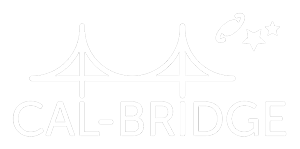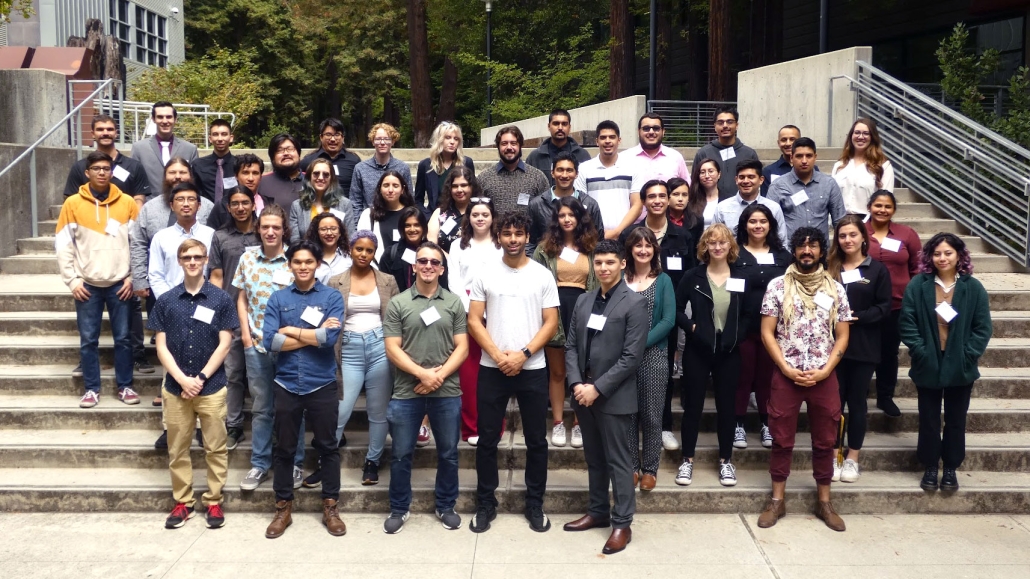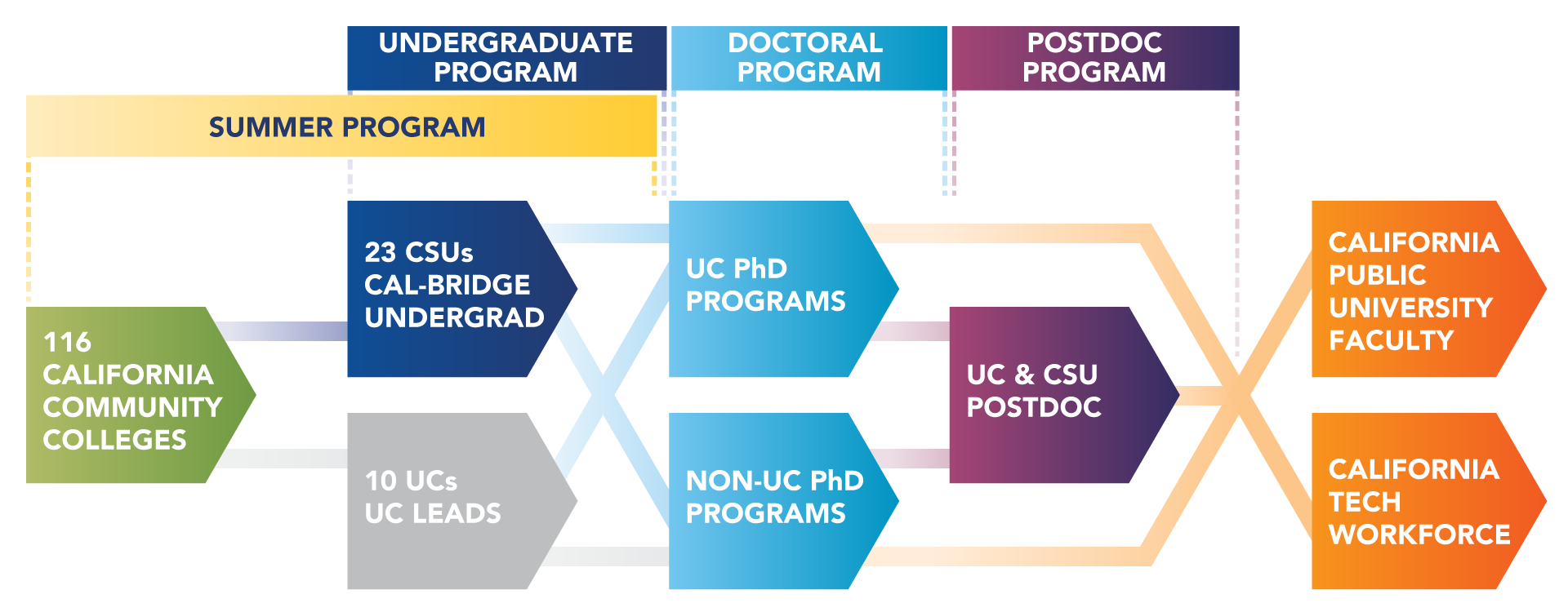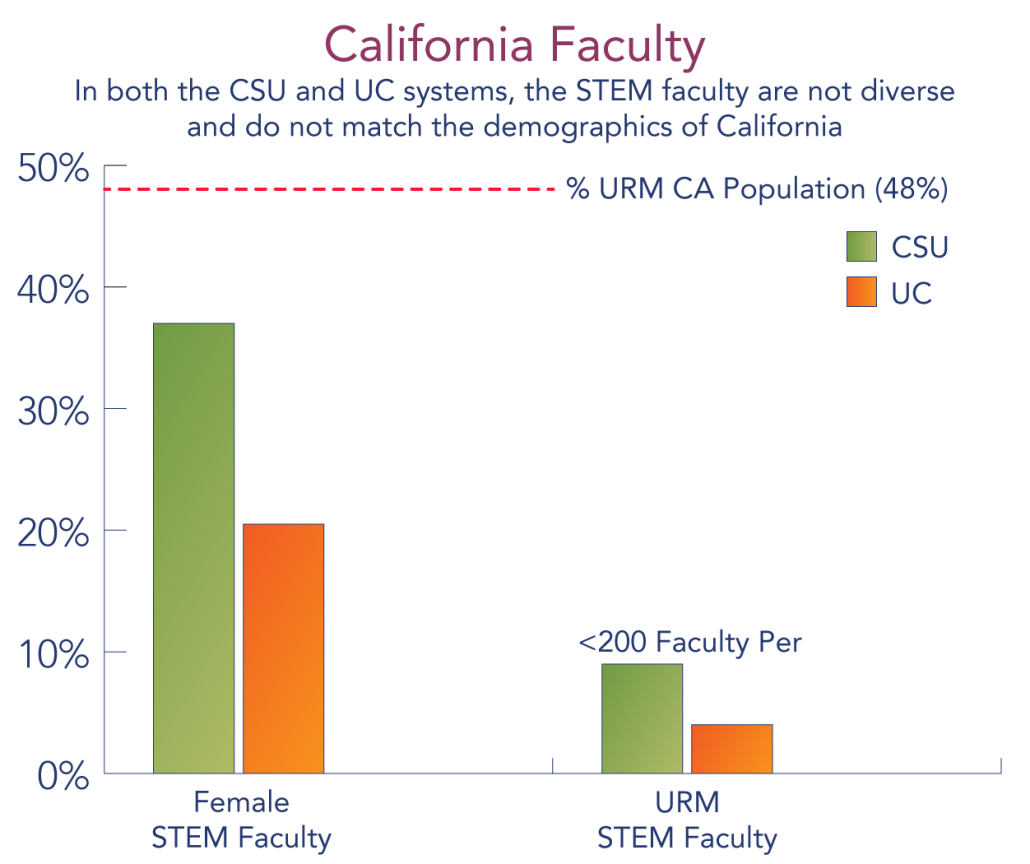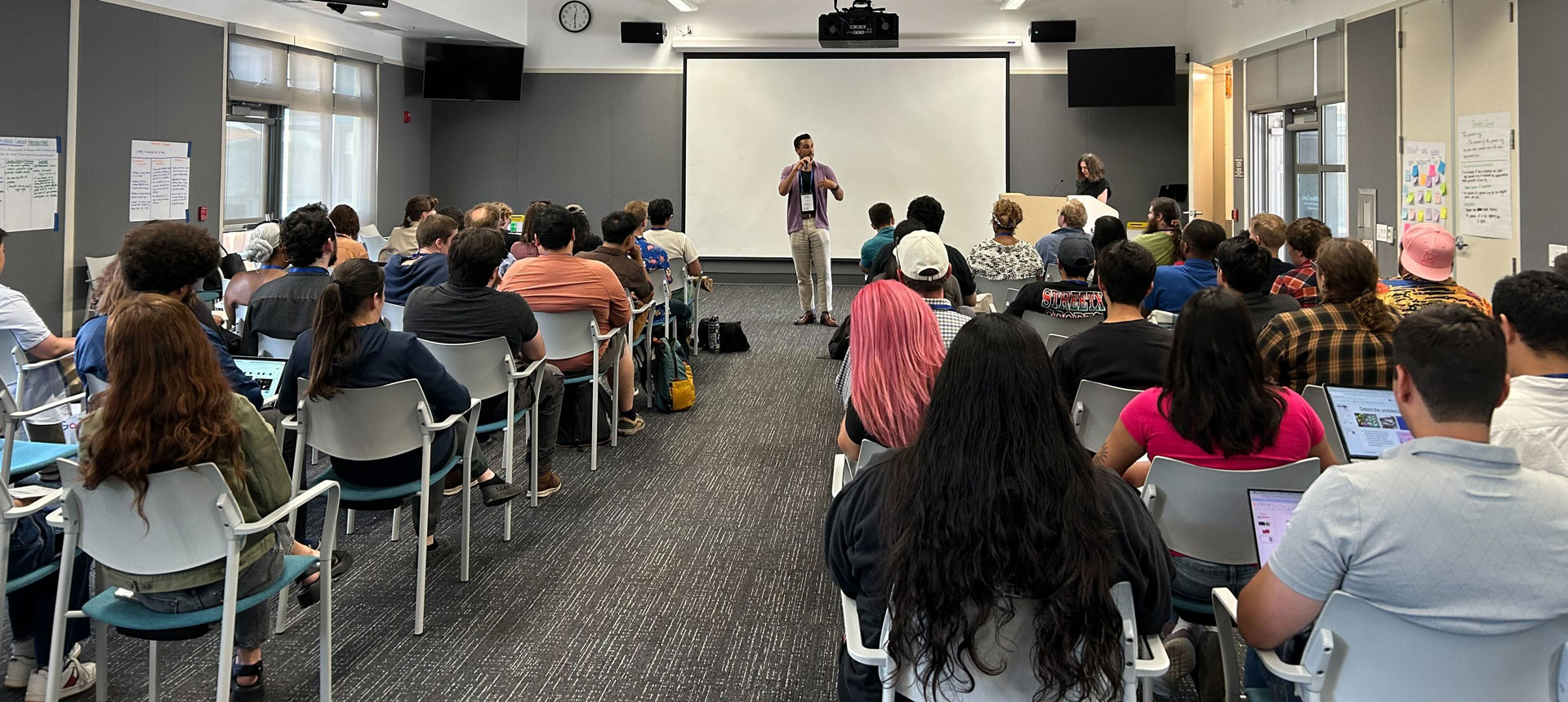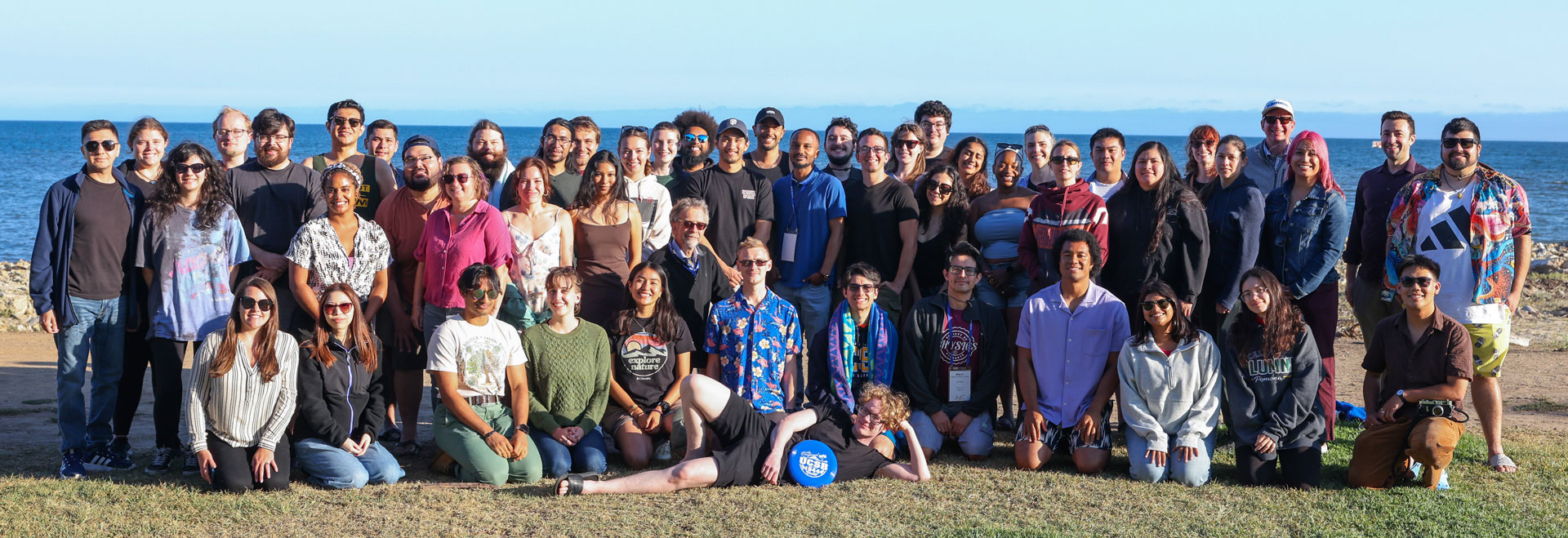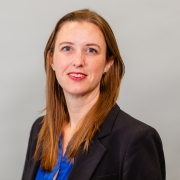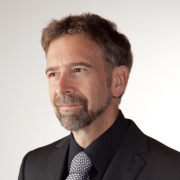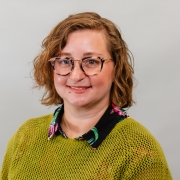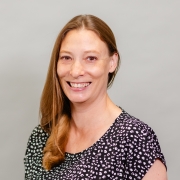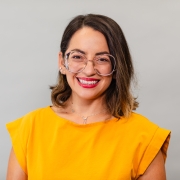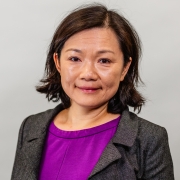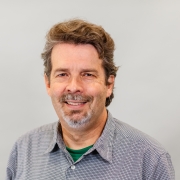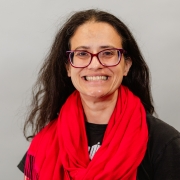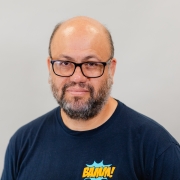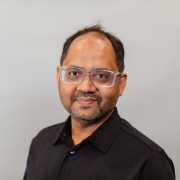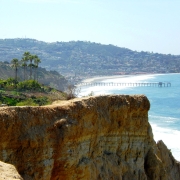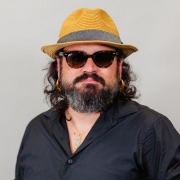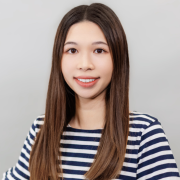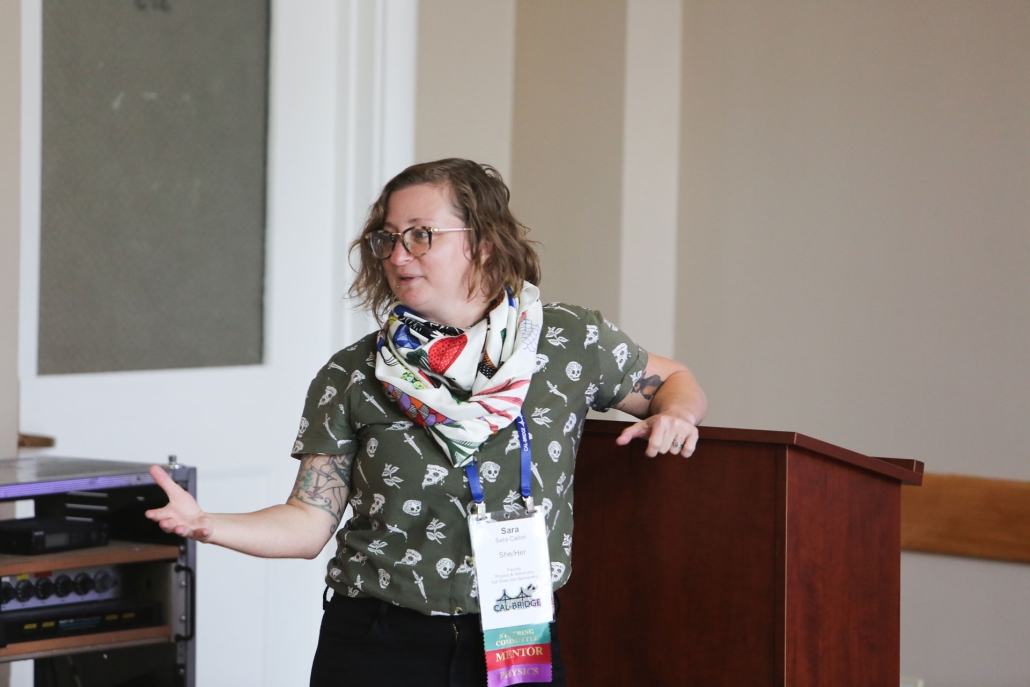Our Mission
The mission of the Cal-Bridge program is to broaden participation in STEM PhD programs, the STEM professoriate, and the STEM workforce in California and nationwide. Cal-Bridge utilizes an innovative and successful new model of multi-institutional partnership between all three segments of the California higher education system: the 23 campuses of the California State University (CSU) where many low-income, underrepresented students earn Bachelor’s degrees, the 116 California Community Colleges (CCC) where half of all CSU undergraduates begin their college education, and the 10 campuses of the University of California (UC), where PhDs are awarded. We fulfill this mission through the creation of a comprehensive, end-to-end pathway for the diverse undergraduates of California to successfully matriculate to PhD programs, achieve their PhD, and then join the STEM professoriate and workforce in California and nationally.
